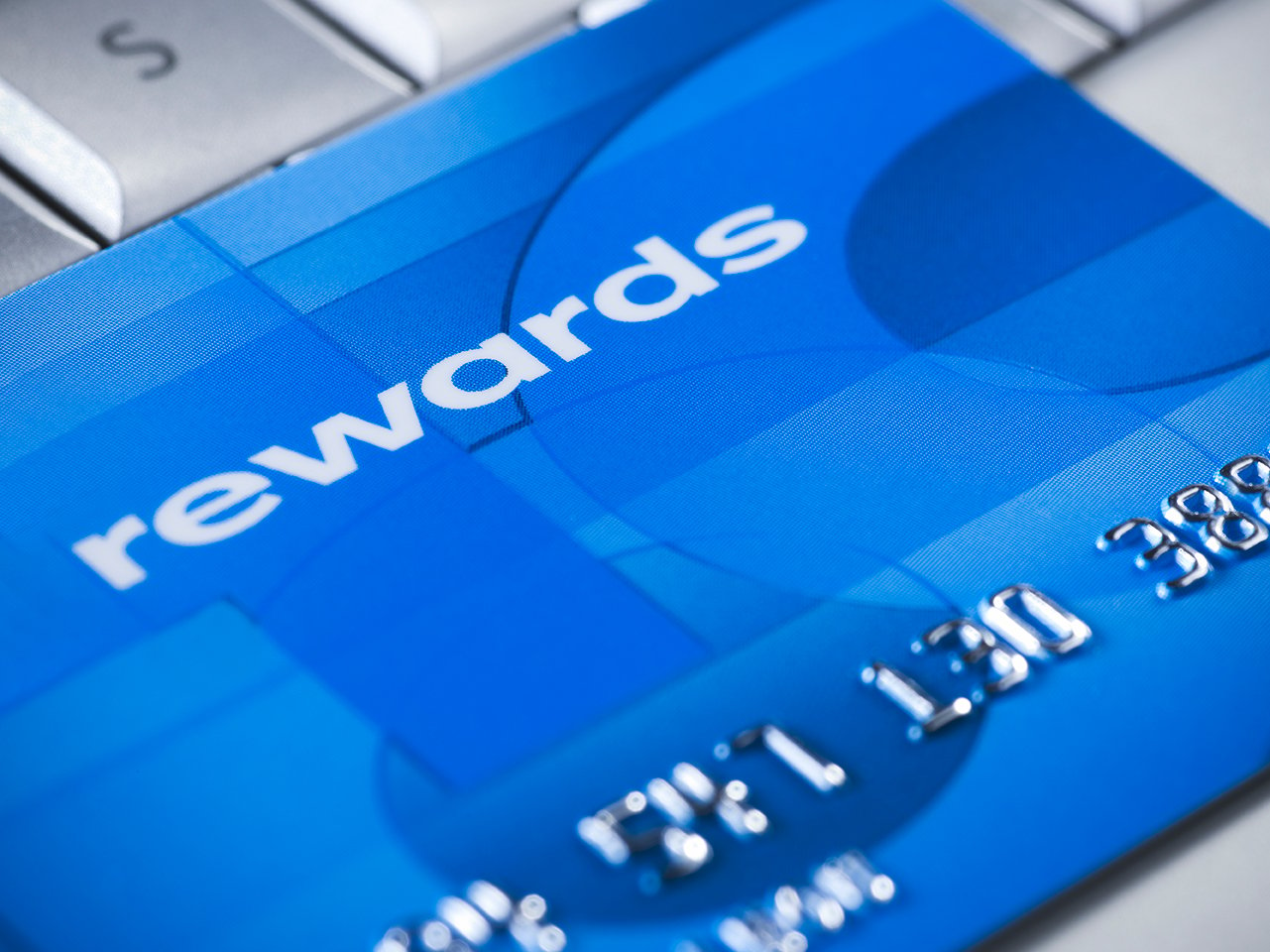4 min read
What is a Business Credit Card & How Can I Get One?
By:
Cubeler en-ca
March 22, 2023 9:00:00 EDT AM

Learn more about business credit cards and how they can help your SME.
Table of Contents
What is a Business Credit Card & How Can I Get One?
According to a Fundera report covering business credit card statistics, 67% of business owners have at least one credit card dedicated to business expenses in their wallets.
Naturally, this statistic doesn’t come with any surprise; most Canadian consumers use credit cards, so it’s safe to assume many business owners also rely on credit to facilitate their day-to-day operations.
What is surprising, however, is that the same report reveals that one-third of business owners aren’t aware of what their debt is actually costing them. This gap in awareness stems from a misunderstanding of how business credit cards work.
How you use a credit card can impact you and your business’s financial future, both positively and negatively.
This article explains a business credit card, how it works, and how to choose the right one. We’ll also explore if a business credit card is the most appropriate option and how the Cubeler Business Hub™ can help you consider additional borrowing products.
What is a Business Credit Card?
A business credit card, also known as a corporate credit card, is a payment tool suitable for ongoing and often minor business expenses, such as bills, inventory, supplies, and travel, among other costs.
Business cards usually have higher credit limits than personal credit cards and unique benefits to business owners, such as employee cards and business-focused rewards.
On average, credit cards come with higher interest rates than other business financing options, such as business loans or business lines of credit but offer more flexibility and ongoing opportunities to avoid paying interest--if the balance owed is paid on time, within 21 days of purchase, and in full at the end of each billing cycle.
Using a credit card properly can help establish and build an excellent business profile and improve accessibility to other borrowing products, such as business loans or lines of credit.
Credit cards are ideal for new companies and start-ups that may not have established any credit history. However, freelancers, LLCs, sole proprietors, and large businesses can apply for and use credit cards as well.
A business credit card is not required to run a business. However, it can be helpful when separating your personal and business credit separate.
How Does a Business Credit Card Work?
Business credit cards work exactly like personal credit cards, except business cards are better suited for business expenses.
Business credit cards have the same features as traditional credit cards, including credit limits, interest, balance transfers, cash advances, and fees when applicable.
Often, these types of credit cards will include specific perks tailored to businesses, including insurance and discounts for specific retailers.
How to Choose a Business Credit Card
Generally, credit card issuers include major and independent banks, credit unions, and private companies. There are hundreds, perhaps thousands, of credit card options available to small and medium-sized businesses in Canada, so comparing credit card options is crucial before signing up.
You can compare credit card options online using aggregators that display multiple offers based on your specific needs. It is important to note that not all options are available when using these comparison sites. Try using various comparison tools to ensure the options you’re shown are the best business credit cards in Canada that are available to you.
1. Qualification Criteria
Many business owners should know that their personal and business credit scores are two separate credit reports. Without the latter, your personal credit score will be referenced to open a business credit card.
Applying for a credit card you do not qualify for can negatively impact your credit score. It’s important to know if you’ll qualify for the card you’re applying for before applying to avoid disappointment.
Along with your credit score, most credit card issuers will require applicants to meet various qualifications, such as minimum income and credit limits.
2. Annual Percentage Rate (APR) Fees
The Annual Percentage Rate (APR) is the interest rate you’ll pay on your credit card balance. The APR isn’t significant if you pay your credit card bills entirely and on time. However, if you find yourself paying your credit cards late, interest can become costly, leading to a vicious cycle of debt.
Many credit cards require the payment of an annual fee, a yearly charge for continued access to the card’s benefits. Often, new customers can take advantage of a first-year rebate associated with the card.
3. Rewards Cashback
Business owners should seek a credit card that offers rewards or cashback reflecting their most frequent expenses.
For example, if your work requires you to drive around often, you’ll likely benefit from a credit card that provides rewards or cashback on gas purchases. If you spend a lot of money on office supplies, you might benefit from a credit card that offers more rewards at office supplies retailers.

Pros & Cons of Business Credit Cards
|
Pros of Business Credit Cards |
Cons of Business Credit Cards |
|
|
Final Thoughts on Business Credit Cards
Business credit cards are excellent borrowing tools to help get your business off the ground in terms of the creditworthiness or in keeping your day-to-day operations going.
However, there are some disadvantages to using a business credit card. They can allow you to overspend and put you into debt, especially if unexpected expenses arise and you experience a cash flow shortage. And, when it comes to larger expenses on your credit card, an inability to make payments in time might cause you to pay back much more than you need to.
Alternative business financing products, such as business loans or lines of credit, may be more appropriate for more significant expenses.
Like the credit card aggregators listed above, Cubeler can help provide tailored borrowing options from trusted Canadian institutions. Learn more by signing up for a no-fee account today.
FAQs About Credit Cards for Businesses
Are business credit card rewards taxable?
Business credit card rewards are not taxable. However, cashback received from credit cards is taxable, as it is considered income.Is a business credit card based on personal credit?
Yes. A card issuer will likely view your personal credit in the approval process of a credit card, especially if your business has no credit history or a poor credit score.
Can I get a business credit card with bad credit?
It depends. Since many credit card options are available, you may qualify for specific credit cards depending on their qualifications. A secured credit card might be more suitable than a traditional credit card.
This is just a taste of the insights you can gain from Cubeler
Sign up now with Cubeler for no-cost access to Cubeler Business Hub's in-depth business intel reports and cutting-edge SME tools.


/cubeler-insights-blog-1381x907.jpg)